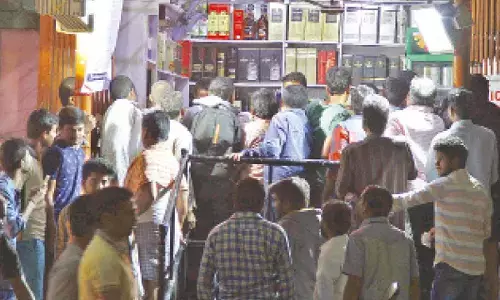What is Ebola?

The Ebola outbreak in West Africa will be over by August, the head of the UN Ebola Mission, Ismail Ould Cheikh Ahmed, has told the BBC. A year after the outbreak was officially declared, the virus has killed more than 10,000 people. Most deaths occurred in the worst-affected countries of Guinea, Liberia and Sierra Leone.
The Ebola outbreak in West Africa will be over by August, the head of the UN Ebola Mission, Ismail Ould Cheikh Ahmed, has told the BBC. A year after the outbreak was officially declared, the virus has killed more than 10,000 people. Most deaths occurred in the worst-affected countries of Guinea, Liberia and Sierra Leone. The first person to succumb to the disease during this outbreak is thought to have been a toddler in a remote part of Guinea.
He died in December 2013. Three months later the WHO officially announced an outbreak. And it was a further five months before the organisation declared it a public health emergency of international concern. At this point more than 1,000 people had lost their lives.
Ebola virus disease (EVD), formerly known as Ebola haemorrhagic fever, is a severe, often fatal illness in humans. The virus is transmitted to people from wild animals and spreads in the human population through human-to-human transmission. The average EVD case fatality rate is around 50%. Case fatality rates have varied from 25% to 90% in past outbreaks.
It's difficult to know if a patient is infected with Ebola virus in the early stages as symptoms such as fever, headache and muscle pain are similar to those of many other diseases. But specialist infection clinicians will make expert judgements on what the most likely diagnosis is, based on the patient’s history.
Strict infection control procedures and wearing protective clothing minimises this risk. Simply washing hands with soap and water can destroy the virus. There's currently no licensed treatment or vaccine for Ebola virus disease, although potential new vaccines and drug therapies are being developed and tested.
Patients diagnosed with Ebola virus disease are placed in isolation in intensive care, where their blood oxygen levels and blood pressure are maintained at the right level and their body organs supported. There are no proven treatments for Ebola or vaccines to prevent individuals becoming infected. However, progress is now being made on an unprecedented scale.
















